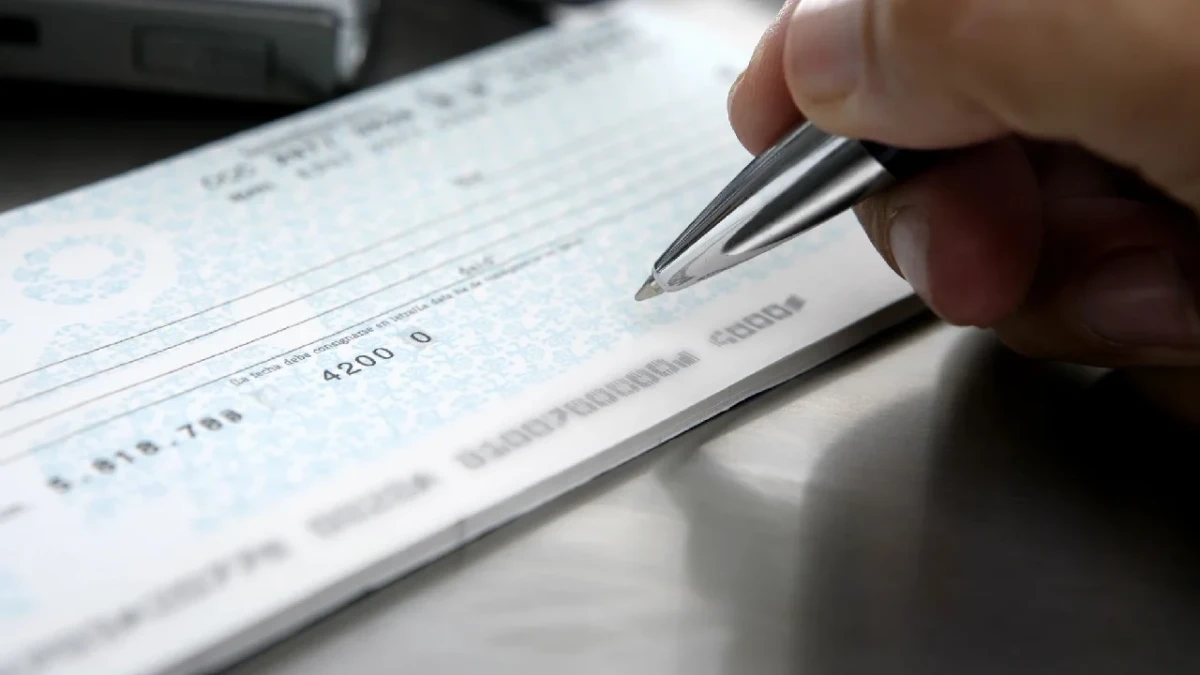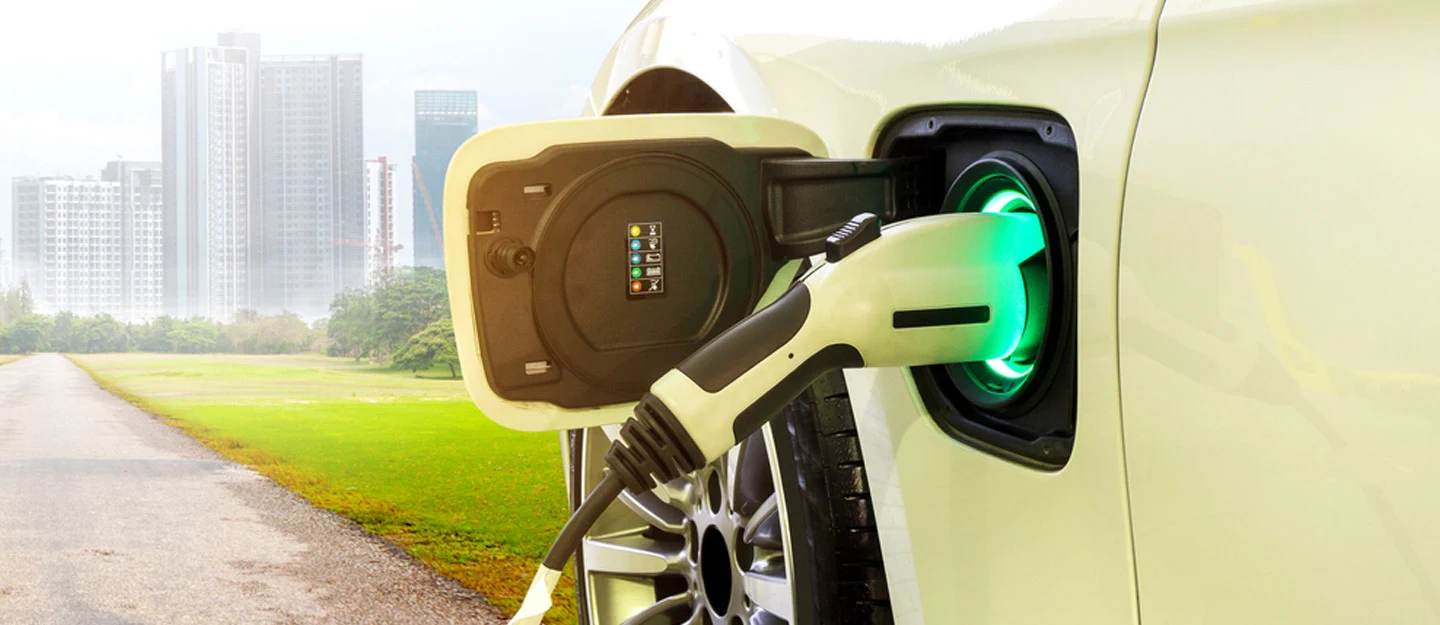Moving to Dubai and planning to settle down or start working? One of the first things you’ll need is a bank account. Whether you are an employee, entrepreneur, or freelancer, having a UAE bank account simplifies everything—from salary deposits to bill payments and rent transfers. This guide explains how to open a bank account in Dubai as an expat, what documents you’ll need, and which banks are best for foreign residents.
Opening a Bank Account in Dubai
Dubai’s banking system is among the most advanced in the world. Both local and international banks operate here, offering expats a variety of account types and services, including online banking, credit cards, and international transfers.
Foreign nationals can open a personal or business bank account, depending on their visa status and residence type.
Types of Bank Accounts Available
1. Resident Account
If you live and work in Dubai with a valid UAE residence visa, you qualify for a resident bank account. This allows you full access to online banking, credit facilities, and debit cards.
2. Non-Resident Account
If you don’t yet have a residence visa, you can still open a non-resident account, but your options will be limited. Most banks only offer savings accounts (not current accounts) to non-residents. These accounts often require higher minimum balances.
Documents Required to Open a Bank Account
Banks in Dubai follow strict compliance under UAE Central Bank regulations. Here’s what you typically need:
For Residents
- Valid Passport (original and copy)
- UAE Residence Visa
- Emirates ID (or Emirates ID application form)
- Salary Certificate or employment letter
- Proof of Address (Ejari, utility bill, or tenancy contract)
For Non-Residents
- Passport copy
- Visit Visa copy
- Bank reference letter from your home country
- Proof of Address in your home country
- Source of funds declaration (if required)
Step-by-Step Process to Open a Bank Account in Dubai
Step 1: Choose the Right Bank
Some of the top banks in Dubai for expats include:
- Emirates NBD
- Mashreq Bank
- Abu Dhabi Commercial Bank (ADCB)
- HSBC Middle East
- Standard Chartered UAE
- RAKBANK
Each bank has specific minimum balance and salary requirements.
Step 2: Select Account Type
Decide whether you need a current account (for salary and daily expenses) or a savings account (for deposits and interest earnings). Business owners can open corporate accounts under their trade license.
Step 3: Visit the Bank or Apply Online
Most banks allow online applications, but you’ll need to visit a branch to submit original documents for verification. Choose a branch near your residence or workplace for convenience.
Step 4: Submit Required Documents
Provide the necessary documents listed above. Some banks may ask for additional details such as proof of income or tax information if you are a high-value client.
Step 5: Wait for Verification
Once you’ve submitted your documents, the bank will verify them with immigration and labor authorities. The verification period usually takes 2–5 working days.
Step 6: Activate Your Account
After approval, you’ll receive your debit card, cheque book, and online banking credentials. You can now deposit your salary, make transfers, and access your funds easily.
Salary and Minimum Balance Requirements
Each bank in Dubai has its own minimum salary or minimum balance requirement:
- Emirates NBD: AED 3,000 monthly salary or AED 3,000 minimum balance.
- Mashreq Bank: AED 5,000 monthly salary.
- ADCB: AED 5,000 monthly salary or AED 5,000 balance.
- HSBC: AED 10,000 for Advance accounts; higher for Premier accounts.
Failure to maintain the minimum balance may result in a monthly fee ranging between AED 25 and AED 100.
Can You Open a Bank Account Before Getting a Residence Visa?
Yes, but with restrictions. Non-residents can open savings accounts only, and withdrawals are limited. Once your residence visa is issued, you can upgrade your account to a full current account with salary transfer options.
Online Banking and Digital Accounts in Dubai
Dubai banks are highly digitized. You can manage almost everything through mobile apps — from fund transfers to bill payments and investment tracking.
Some digital-first options include:
- Liv. by Emirates NBD
- Mashreq Neo
- YAP Bank
These are ideal for young professionals and freelancers as they offer zero balance accounts, instant KYC, and paperless onboarding.
Opening a Business Bank Account in Dubai
If you own a company or freelance under a trade license, you can open a corporate account. Requirements include:
- Trade License copy
- Memorandum of Association (MOA)
- Shareholder Passport copies
- Office lease agreement or Ejari
Corporate accounts usually take longer to open — around 2 to 4 weeks — due to additional due diligence.
Tax Implications and Reporting
Dubai offers a tax-free environment for individuals, meaning there is no income tax on personal earnings. However, corporate entities must comply with UAE Corporate Tax Law, introduced in 2023. Expats should also stay aware of any home country tax reporting obligations (like FATCA for US citizens).
Banking Tips for Expats in Dubai
- Always maintain the required minimum balance.
- Keep your Emirates ID and visa up to date.
- Use official channels for fund transfers to avoid compliance issues.
- Close your account properly before leaving UAE to avoid charges.
Opening a bank account in Dubai is a smooth process if you have the right documents and residency status. For expats, it’s the foundation for financial stability in the UAE — from receiving salaries to investing, saving, and growing wealth securely.




